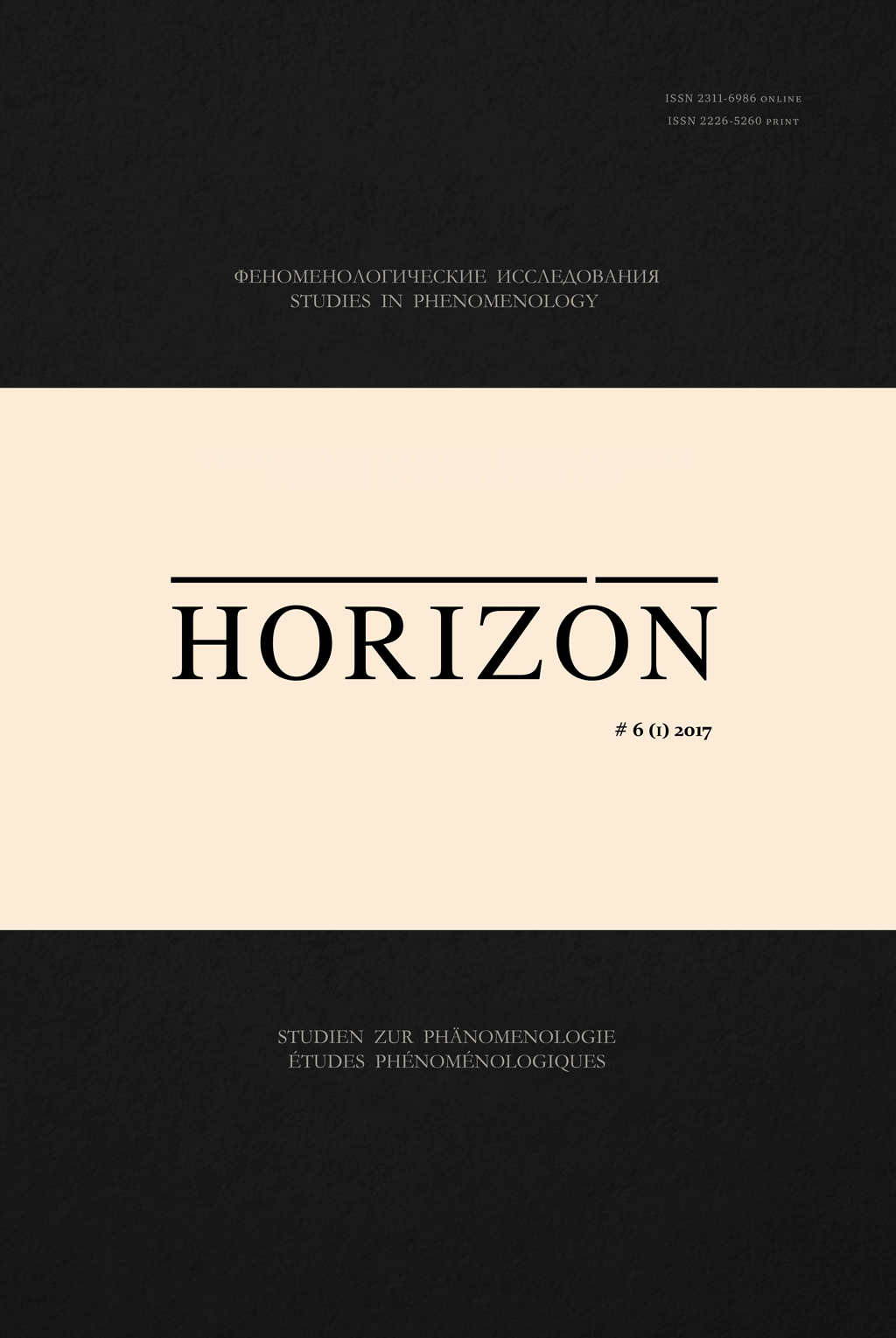ASYMPTOTE DES LEBENS. DIE PHÄNOMENOLOGIE EDMUND HUSSERLS ALS EINE WELTANSCHAUUNGSPHILOSOPHIE
THE ASYMPTOTE OF LIFE: EDMUND HUSSERL'S PHENOMENOLOGY AS A WORLDVIEW PHILOSOPHY
Author(s): Andrzej GniazdowskiSubject(s): Phenomenology
Published by: Издательство Санкт-Петербургского государственного университета
Keywords: Phenomenology; worldview; practical philosophy; religion; naturalism; race theory; history of ideas;
Summary/Abstract: Phenomenology, one of the most important and influential philosophical movements of the last hundred years, has been very rarely subjected to the comparative historical research that would placeits idea in the broad socio-political as wells as cultural context. Even more rarely, if at all, has it been analyzed from the perspective of the history of ideas. Such an analysis would allow to regard phenomenology as an expression of some broader worldview. The aim of the article is to reconstruct such a historical as well as practical background of its idea formulated by Edmund Husserl in his Logos-article. The applied method refers in its character to the methodology of the Warsaw School of History of Ideas, especially to the interpretation strategy that Leszek Kołakowski followed in his book Husserl and the Search for Certitude. The conclusion of the article is that the initial, practical impulse of the idea of phenomenology as a rigorous science consisted not so much in his religious,but rather in his socio-political search. This allows us to interpret the idea of phenomenology as a form of resistance against the racist tendencies of that time.
Journal: Horizon. Феноменологические исследования
- Issue Year: 6/2017
- Issue No: 2
- Page Range: 66-81
- Page Count: 16
- Language: German

